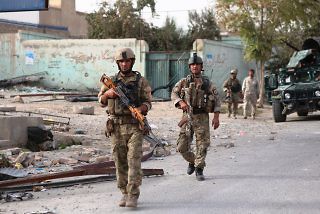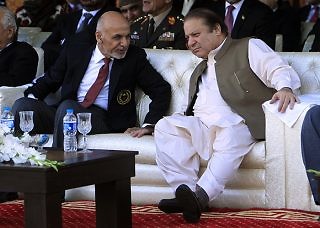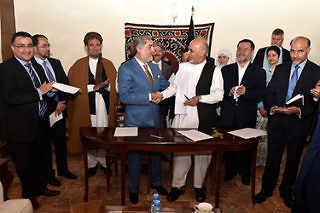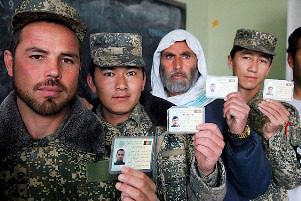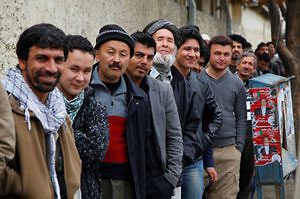The new Taliban front in the north is a disaster for the “national unity government” in Kabul, which reached its first year anniversary the week that Kunduz fell.
Author: Scott Smith
-
-
One of the key priorities of the new Ghani administration will be to find a way to achieve lasting peace with the Taliban.
-
After a peaceful handover of power, the question is whether the new Afghan unity government can survive the fractious conditions of its birth.
-
As Afghanistan awaits the results of the second round of presidential elections, only a real understanding of democracy can help the country take the most out of this vote.
-
Afghans seem to have expressed a surprising confidence in their own ability to determine their political future.

